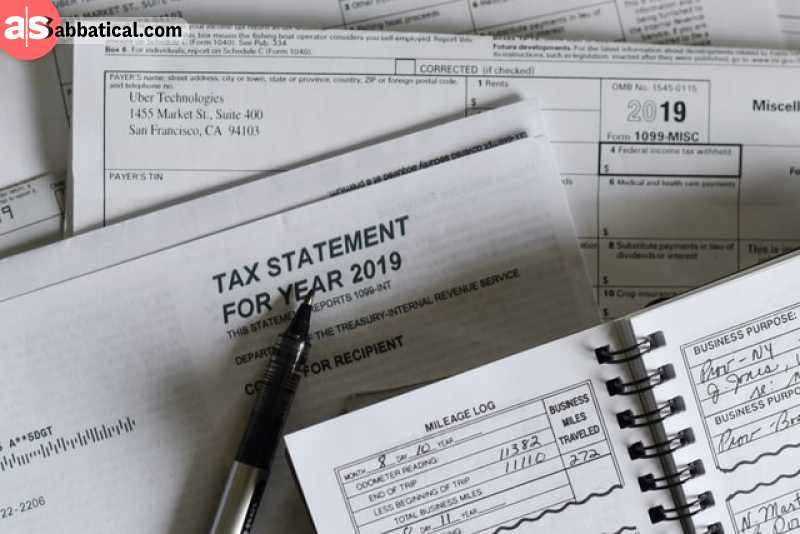Why the Foreign Earned Income Exclusion is great for American digital nomads
At some time in our lives, most of us have dreamt of living in a foreign country. Maybe you long for the warmth of an exotic island in the Caribbean, or perhaps you prefer the bustling atmosphere of a major metropolitan city like London, Paris, or Dubai. Or, perhaps you like the idea of living in a historic cottage in Ireland or a quaint Swiss village.
or a quaint Swiss village.

Whatever your preference, more and more Americans have stopped daydreaming and acted, moving abroad as expats. Thanks to the many jobs that can be worked remotely anywhere that there’s an internet connection, more citizens than ever have left the United States to immerse themselves in another culture.
Some even go a step further and move from country to country, creating memories and living a lifestyle that was unheard of just a decade ago. There is the freedom that comes with being able to live where the wind blows you and still earn an income to sustain your lifestyle, but one reality remains if you are an American citizen: filing U.S. taxes.
Yes, American digital nomads must juggle a few unique challenges and taxes are among them. Fortunately, the United States government makes filing taxes as a digital nomad less painful by offering the Foreign Earned Income Exclusion.
You see, no matter where you live or earned your income, as an American citizen, you must report earned and unearned revenue on Form 1040. This includes income such as wages, tips, interest, dividends, pensions, rental income, royalties, and more. What the Foreign Earned Income Exclusion does is reduce your U.S. tax liability on your earned income, excluding your earnings when you were abroad from income up to an amount adjusted annually for inflation. For the 2021 tax year, that figure is $108,700.
Without this benefit, living abroad and pursuing your dreams would be cost-prohibitive for many digital nomads. That’s because foreign revenue is reported the same as your U.S. income. The problem is, if you settle in a foreign country, chances are you’ve already paid taxes on your mortgage/rent, purchases and income wherever you’ve taken up residence, even if for only a short time.
All your income sources must be reported even if you don’t receive a W-2 or 1099 statement from a foreign employer.
A word of caution: Don’t think about trying to skip out of your obligations. The American government has agreements with financial institutions around the world to share the account information of U.S. citizens – and it’s all legal. If you don’t report your income, the consequences are steep, including hefty fines and possibly even surrendering your passport – an unthinkable option for digital nomads.
To qualify for the Foreign Earned Income Exclusion tax break, you will need to meet and prove strict residency requirements. You’ll also have to complete Form 2555.

To make filling and claiming the FEIE go smoothly, carefully track your time in each country and consult with an expat tax professional about other financial reporting obligations and taxes you may need to pay, such as U.S. Social Security tax, state taxes, and taxes in foreign countries.













